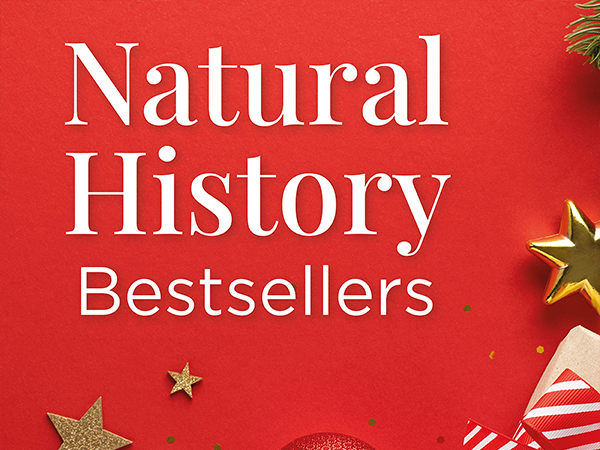
Here we explore a selection of timeless classics, both old and new, that celebrate the wonders of the natural world.
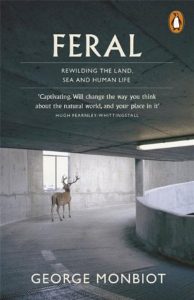
A passionate plea for restoring wildness to our landscapes from one of the world’s most celebrated radical thinkers. In this monumental work, Monbiot explores the ecological and psychological benefits of allowing nature to take its course, and draws on scientific research and riveting tales of personal experience to illustrate how rewilding can restore damaged ecosystems on land and sea, mitigate climate change, enhance biodiversity, and improve human well-being.
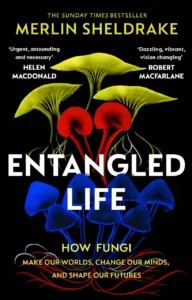
Winner of the 2021 Wainwright Prize for Writing on Global Conservation, this fascinating book takes readers on a mind-altering adventure to showcase the incredible detail, vibrant colour and sometimes strange features of fungi. Spectacular, yet often neglected, Merlin Sheldrake expertly reveals the inner workings of this mysterious third kingdom and explores our understanding of the group and how they have shaped our planet.
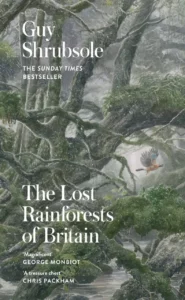
The Lost Rainforests of Britain
A celebration of the long-forgotten temperate rainforests that once thrived in Britain. Guy Shrubsole tells the captivating story of this fragmented habitat, its history, how it was lost and how we can protect the last patches of this unique habitat. From Welsh wizards to Celtic druids, this book takes the reader over Britain to show how we can restore these places to their former glory.
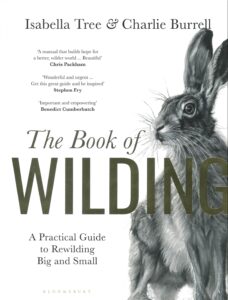
In this highly anticipated work, Isabella Tree and Charlie Burrell share some of the many lessons they have learned from their pioneering rewilding project at the Knepp Estate in Sussex. This inspiring book is packed with practical solutions for rewilding on a range of scales, from farms and estates to allotments and gardens and explores the importance of rewilding techniques for nature conservation.
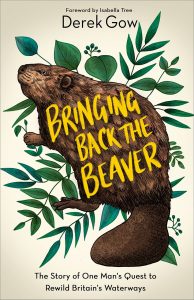
Farmer-turned-ecologist Derek Gow documents his experience rewilding Beavers in England and Scotland. This inspirational and riotously funny firsthand account shares the story of Gow’s work since the 1990’s to import, quarantine and assist the reestablishment of this species in Britain. Bringing Back the Beaver emphasises the importance of these animals in the face of climate-induced flood and drought, and their critical role in creating rich wetland habitats for a broad spectrum of British wildlife.
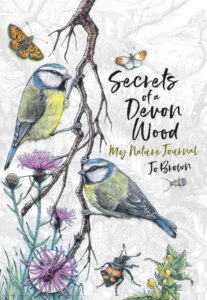
Artist and illustrator Jo Brown has captured hearts and minds across the globe with this awe-inspiring nature journal. In a bid to document the small wonders of the wood behind her home, Jo beautifully depicts fauna and flora with rich detail and documents facts about each species’ physiology and life history in an exact replica of her original Moleskin journal.
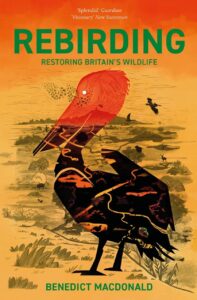
The winner of the 2020 Wainwright Prize for Writing on Global Conservation, Rebirding highlights a forward-thinking roadmap to reversing the decline of bird populations, and wildlife decline, in Britain. It describes solutions to the ever-increasing problems our landscapes face, with visions of a beautiful, profitable British countryside.
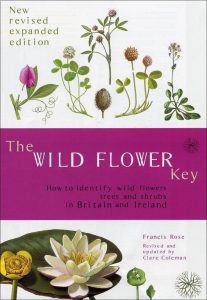
A comprehensive guide to identifying wild plants in Britain and Ireland. This revised and expanded second edition contains detailed keys to more than 1,600 wild plants and is packed with a range of identification tips and innovative features to benefit both beginners and experienced botanists. The text covers a wide range of flowers, shrubs and trees in great clarity, making it an invaluable reference for year-round identification.
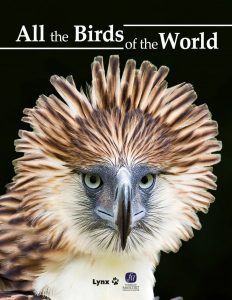
This all-encompassing new guide lists all the birds of the world, allowing readers to browse and compare Earth’s amazing avian diversity between the covers of one volume. All the Birds of the World presents over 11,000 species, accompanied by 11,558 distribution maps and 20,865 illustrations detailing sexual dimorphism, morphs and distinctive subspecies.
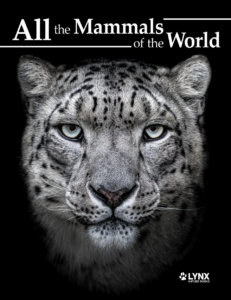
An exhaustive reference book featuring over 6,000 mammal species, including wild, domestic, and extinct species. It includes an enormous number of exquisite illustrations, distribution maps, and measurements for each species. This book is designed for a broad audience, including wildlife enthusiasts and researchers, offering a visually stunning and informative overview of the world’s mammalian diversity.
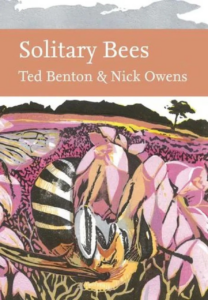
Often overlooked, solitary bees have remarkably complex behaviour and ecology, as is revealed in this New Naturalist volume. Solitary Bees draws on a new wave of knowledge to provide readers with a wonderful insight into the complicated lives of solitary bees – from nesting behaviours to interspecies interactions, this book calls on scientific literature and the authors’ own observations to explore the lives of these insects further.
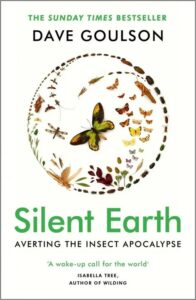
Part love letter to the insect world, part elegy, and part rousing manifesto, Dave Goulson draws on the latest ground-breaking research and a lifetime of study to reveal the shocking decline of insect populations. This powerful book is a call to arms for change at every level and argues that it is not too late to love, respect and care for our insect friends.
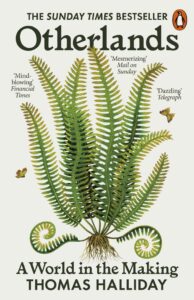
Otherlands, the exceptional debut of Scottish palaeontologist Thomas Halliday, immerses readers in a series of past world landscapes. Journey to all seven continents to visit the birthplace of humanity, giant fungal forests and the highest waterfall the world has ever known and discover the fantastical planet earth over the last 550 million years. Though very much grounded in fact, each ecosystem is lyrically written with an eye for detail and drama, making this work a masterpiece of spellbinding science communication.
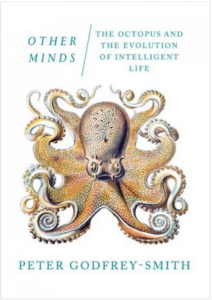
Combining science and philosophy, Peter Godfrey-Smith dives into the extraordinary history of evolved intelligence and explores how early forms of communication gave rise to advanced nervous systems in humans and cephalopods. Interspersed with captivating firsthand accounts, Other Minds sheds a new light on consciousness and the convergent evolution of intelligence in a fascinating blend of natural history, philosophy and evocative writing.
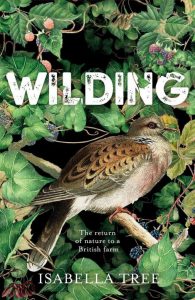
Wilding chronicles the transformation of a struggling Sussex farm into a thriving 3,500-acre ecosystem through rewilding. By introducing free-roaming grazing animals like Exmoor Ponies, Longhorn Cattle, and Tamworth Pigs, the Burrell’s have allowed nature to take over the land with extraordinary results. This book is a hopeful and inspiring tale of ecological restoration and reveals the ways in which we can regain a wilder, richer country.

